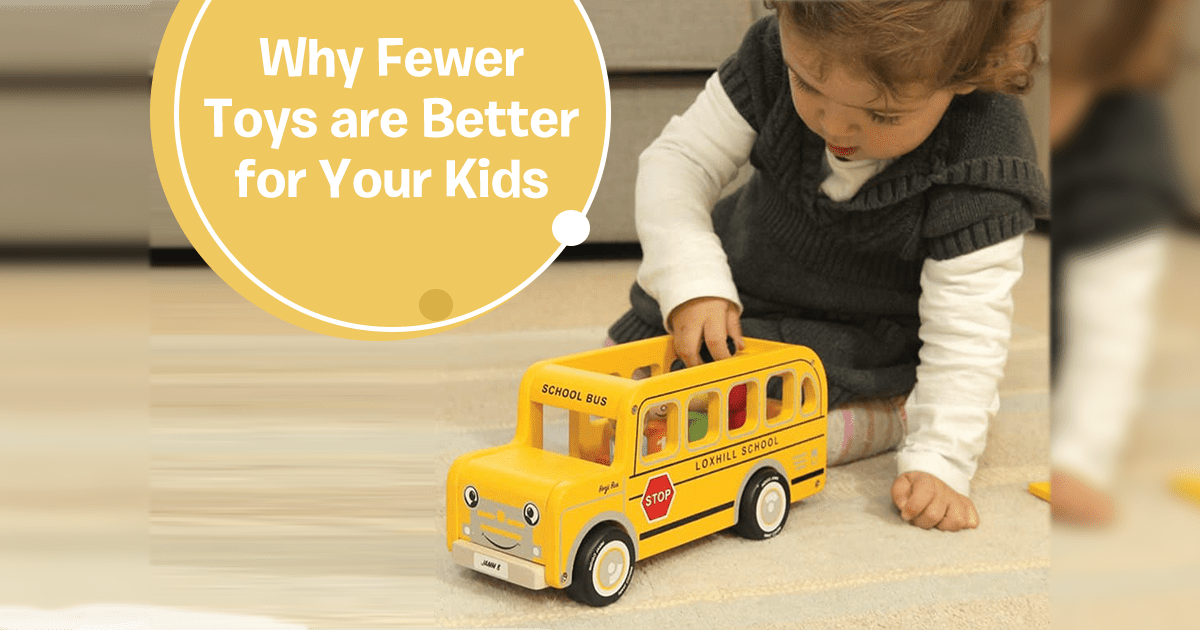
The common notion is that when we're giving our children much, it means we're making them happier. In many regards, that is true. However, in their playroom, is this really the case? Is giving them too many toys beneficial for their well-being?
Apparently not, and we're here to tell you why.
Fewer toys make them more creative
When they're given fewer options to play with, they are able to make use of whatever is in front of them and use it in various ways. A simple dollhouse becomes a hospital for sick toys, a toy car becomes a convertible boat. While unconventional, the limited resources make them think outside the box, spurring creativity.
Fewer toys help them become more patient
When they're overwhelmed by so many things, they develop a mindset that they don't have time for anything. This makes them want to hasten their time playing with one toy after another. This mindset is eventually adapted into other areas of their life, making them more impatient about anything. On the contrary, fewer toys can make a child focus better with fewer distractions.
Fewer toys help them learn the value of sharing
When they get everything that they want, they will believe that everything can be at their disposal. They will have no concept of sharing. However, when there are limited options in front of them, they will learn to value things and have the attitude to share them with others.
Fewer toys develop their social skills
As kids learn about sharing, they can foster friendships and relationships with the people around them. The more that they get friends, the more that they get to work on their social skills--making conversations and learning about social cues. Studies even suggest that social skills and having lasting friendships can positively affect their academic and social success as they turn into adults.
How much toys does your kids have at home? How many is too little or too much toys for you?